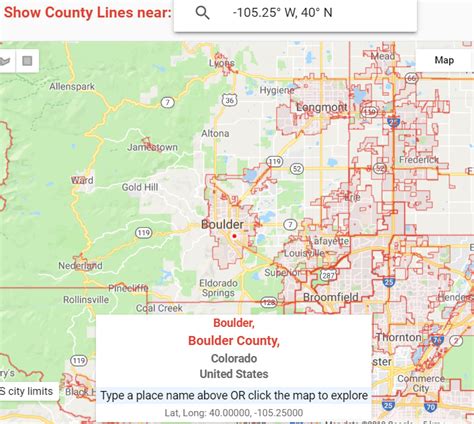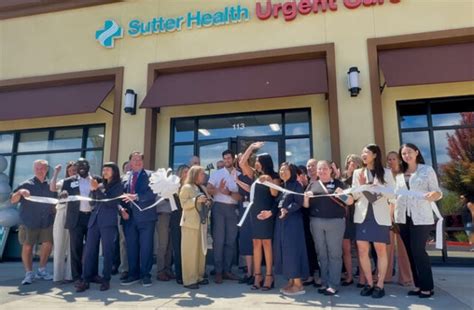Food Poisoning Treatments

Food poisoning, a condition that arises from consuming contaminated or toxic food, affects millions of people worldwide each year. The symptoms, which can range from mild to severe, often include nausea, vomiting, diarrhea, and abdominal cramps. While most cases of food poisoning are not severe and can be treated at home, it is essential to understand the appropriate treatments and when medical intervention is necessary.
Understanding Food Poisoning
Before diving into treatments, it’s crucial to comprehend what food poisoning is and how it occurs. Food poisoning happens when food is contaminated with bacteria, viruses, or other pathogens. This contamination can occur at any point during the food production process, from farming to preparation. Common culprits include Salmonella, E. coli, and Listeria, among others. Understanding the source of contamination can help in preventing future incidents.
Home Treatments
For mild cases of food poisoning, treatment typically involves managing symptoms and preventing dehydration. Here are some home treatments that can help:
- Stay Hydrated: Drinking plenty of fluids, such as water, clear broth, or electrolyte-rich beverages like sports drinks, is crucial. This helps replace lost salts and fluids.
- Rest: Getting plenty of rest can help your body recover from the infection.
- Bland Diet: Eating bland foods that are easy to digest, such as bananas, rice, applesauce, and toast (BRAT diet), can help firm up stool and reduce nausea.
- Avoid Certain Foods: It’s best to avoid dairy products, fatty, spicy, or high-fiber foods until you’re feeling better.
- Over-the-Counter Medications: Medicines like loperamide (Imodium) can help slow down bowel movements, but they should be used with caution and under the guidance of a healthcare provider, especially in cases of bloody diarrhea or fever.
When to Seek Medical Attention
While many cases of food poisoning can be managed at home, there are instances where seeking medical attention is crucial. You should consult a healthcare provider if you experience:
- Severe Symptoms: Vomiting blood, bloody stools, severe abdominal pain, or difficulty swallowing.
- Signs of Dehydration: Excessive thirst, decreased urine output, dizziness, or fainting.
- Fever Above 101.5°F (38.6°C): Especially if it lasts more than 3 days.
- Duration: If symptoms last longer than 3 days.
- Specific Vulnerable Groups: Pregnant women, older adults, infants, and people with weakened immune systems should seek medical care promptly as they are at higher risk for complications.
Medical Treatments
In cases where medical attention is required, the treatment may involve:
- Fluid Replacement: Administering fluids and electrolytes intravenously to treat dehydration.
- Medications: Prescribing antibiotics for certain types of bacterial food poisoning. However, antibiotics are not effective against viral infections.
- Supportive Care: Providing care to manage symptoms and prevent complications.
Prevention
Preventing food poisoning is always better than treating it. Here are some preventive measures:
- Handle Food Safely: Ensure that food is stored, prepared, and cooked under safe conditions.
- Wash Hands Frequently: Especially before and after handling food.
- Cook Food Thoroughly: Make sure food is cooked to the recommended internal temperature to kill bacteria.
- Chill Food Promptly: Refrigerate perishable foods promptly and keep them at a temperature of 40°F (4°C) or below.
Future Trends in Food Poisoning Treatment
As research advances, so does our understanding of pathogens and how they interact with our bodies. Emerging trends include the use of probiotics to enhance gut health, new diagnostic tools for quicker identification of pathogens, and the development of vaccines against common foodborne pathogens. These advancements hold promise for reducing the incidence and impact of food poisoning.
Conclusion
Food poisoning, while often distressing, can usually be managed with proper care and attention. Understanding the causes, recognizing when to seek medical help, and knowing how to prevent future incidents are key to minimizing its impact. As we look to the future, ongoing research and advancements in medical sciences will likely provide even more effective treatments and preventive measures against foodborne illnesses.
What are the common symptoms of food poisoning?
+Common symptoms include nausea, vomiting, diarrhea, and abdominal cramps. The severity and combination of symptoms can vary depending on the pathogen involved.
How can I prevent food poisoning at home?
+Preventing food poisoning involves safe food handling, proper cooking, chilling perishable foods promptly, and maintaining a clean environment. Regularly washing your hands, especially before and after handling food, is also crucial.
When should I seek medical attention for food poisoning?
+Seek medical attention if you experience severe symptoms such as vomiting blood, signs of dehydration, fever above 101.5°F (38.6°C), or if symptoms last longer than 3 days. Additionally, vulnerable groups like pregnant women, older adults, and people with weakened immune systems should seek care promptly.



